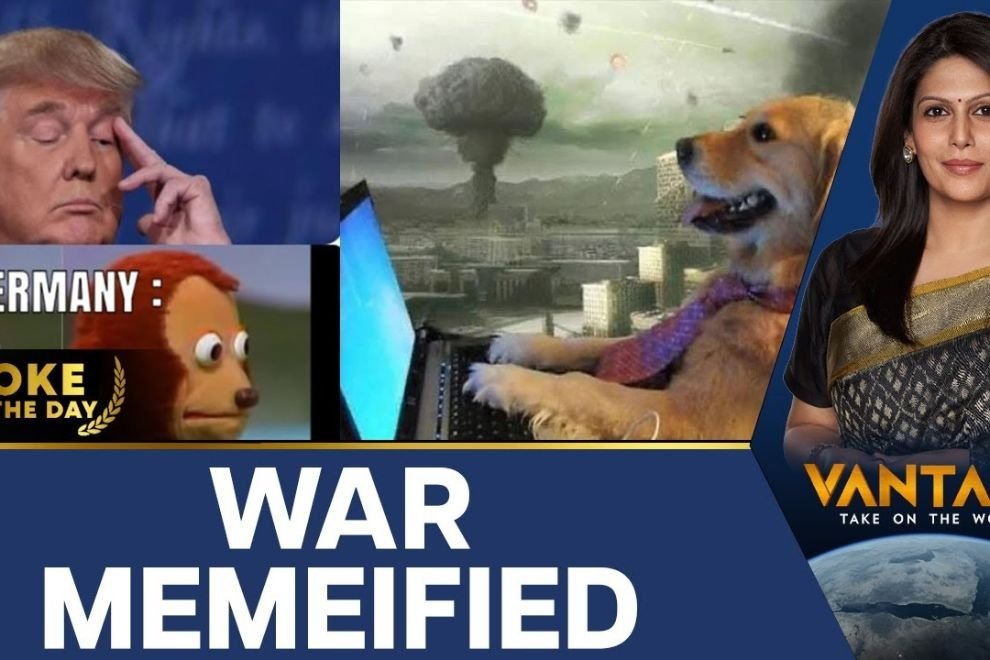As global tensions escalate—from missile strikes in the Middle East to renewed border skirmishes in Kashmir—the phrase World War III has gone viral. But instead of panic, many young people are responding with punchlines. Across TikTok, Instagram, and X, Gen Z is flooding timelines with memes that blend absurdity, satire, and emotional honesty. The trend isn’t just comic relief—it’s a digital coping mechanism for a generation raised on crisis.
Here’s how humor is helping Gen Z process the unthinkable.
What’s Fueling the Meme Surge
- The WWIII hashtag surged after Israel’s largest aerial assault on Iran under Operation Rising Lion on June 14, 2025
- Iran responded with missile and drone attacks on Tel Aviv, prompting U.S. military deployments and threats of escalation
- Simultaneously, the Russia–Ukraine war entered its fourth year, and violence in Gaza and Kashmir intensified
- Amid this backdrop, Gen Z turned to memes—about baking bread, dodging drafts, and job-hunting during wartime—as a form of emotional release
The Psychology Behind the Punchlines
Experts say this isn’t apathy—it’s adaptive behavior. Gen Z’s humor is rooted in a decade of cultural overload and emotional fatigue.
- Memes offer psychological distance, allowing users to name their fears without being consumed by them
- Humor reduces cortisol levels and creates a sense of safety during uncertainty
- Sharing memes fosters community and solidarity, replacing isolation with collective expression
- The absurdity of the jokes—like asking if WWIII will delay a SHEIN order—reflects a generation trying to reclaim control through irony
Memes as Modern Therapy
- Sunny Lives, a digital well-being initiative, describes memes as micro-therapy: fast, relatable, and emotionally validating
- Unlike doomscrolling, which amplifies anxiety, meme culture reframes fear into something manageable
- Memes act as coded signals: when someone jokes about being drafted with iced coffee in hand, they’re expressing helplessness in a language their peers understand
Cultural Trauma and Digital Resilience
Gen Z’s humor is shaped by a lifetime of instability:
- They grew up during the 2008 financial crisis, came of age during a pandemic, and now face climate collapse and global conflict
- Memes are not escapism—they’re a form of storytelling that helps them survive emotionally
- The meme scroll has become a ritual of resilience, where laughter is both shield and sword
What This Means for Society
- Policymakers and mental health professionals are beginning to recognize meme culture as a legitimate form of emotional processing
- Schools and universities are exploring how digital expression can be integrated into mental health support
- The trend also raises questions about how future generations will document and remember global crises—not through headlines, but through hashtags and humor
As the world teeters on the edge of conflict, Gen Z isn’t just watching—they’re remixing, reposting, and reframing the chaos. In doing so, they’re not trivializing the moment. They’re surviving it.
Sources: MSN India, Woke Waves, Wired, Best of Motivation, Economic Times, Yahoo News, Tribune India, SEEDS India, X (formerly Twitter)
